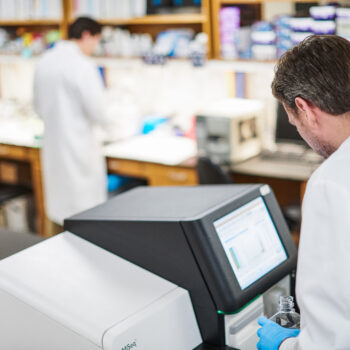Overview
During the COVID-19 pandemic, wastewater surveillance emerged as a leading approach for monitoring community pathogen circulation, enabling community-wide sampling with decreased bias at a fraction of the cost of clinical sampling approaches. However, current collection, laboratory, and bioinformatic protocols for wastewater monitoring vary widely across laboratories. We are working to establish standardized protocols for surveillance of SARS-CoV-2 and a host of other pathogens impacting public health.
Robust, reproducible, accessible workflows
Working closely with organizations including PHA4GE and PATH, we are establishing field guidelines and validated workflows for wastewater genomic surveillance. We make these resources freely available as open-source computational pipelines and laboratory protocols.


Metadata and Data Sharing Standards
Although more than 100,000 wastewater samples have been sequenced over the COVID-19 pandemic, a large fraction of these samples contain incomplete or inconsistent information on sample collection and processing that drastically limit their future usability. We are working with PHA4GE’s Data Structures working group and the newly founded Wastewater working group to ensure that metadata needed for ensuring maximal utility of data is included along with the raw sequencing read submission.
Ethics of Wastewater Surveillance and Data Use
Pathogens sampled from community wastewater are fully de-identified and not traceable to individuals, but many ethical concerns associated with clinical pathogen surveillance remain. We are assisting with PHA4GE efforts to establish best practices that enable effective wastewater surveillance without encroaching on privacy. Our efforts seek to outline how data can be shared with other field researchers while ensuring uploader sovereignty, benefit-sharing, and attribution.

